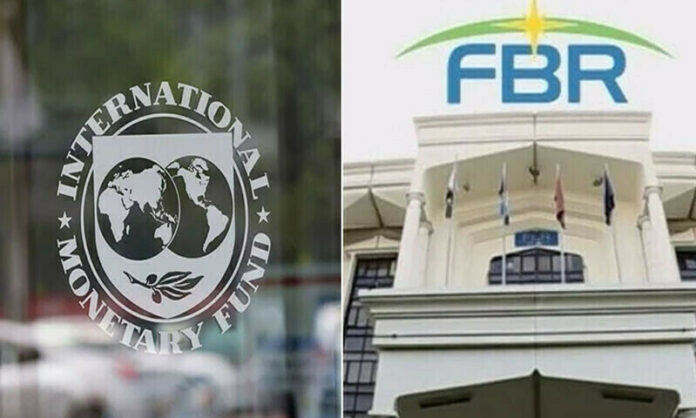The International Monetary Fund (IMF) has advised the Federal Board of Revenue (FBR) in Pakistan to broaden the scope of Capital Gains Tax (CGT) to encompass cryptocurrencies.
This recommendation is part of a broader proposal to enhance tax collection on capital gains, which includes the reassessment of tax slabs for real estate and listed securities, ensuring taxation on all gains.
The IMF’s guidance suggests a need for property developers to monitor and report all property transfers before the completion and registration of property titles, to curb the unregulated trade of plot files in housing schemes.
Non-compliance by developers could lead to penalties, aligning with the IMF’s efforts to integrate these transactions into the tax framework.
These proposals are likely to be integrated into Pakistan’s upcoming bailout package under the Extended Fund Facility (EFF) and may be included in the next fiscal year’s budget through the finance bill.
The IMF’s technical assistance report highlighted the challenges faced by Pakistani authorities in taxing capital gains from real estate transactions.
Due to the lack of formal registration until the property’s legal completion, many transfers and the resulting capital gains go untaxed.
The IMF suggests imposing responsibilities on property developers to report these transactions, making them liable for any uncollected taxes.
In addition to real estate, the IMF aims to bring investments like cryptocurrencies under capital gains taxation, advocating for a review of the tax slabs for various assets to ensure comprehensive taxation of capital gains.
The recommendation also includes amending the Income Tax Ordinance to expand the definition of “personal movable property” to capture a wider range of investment assets.




